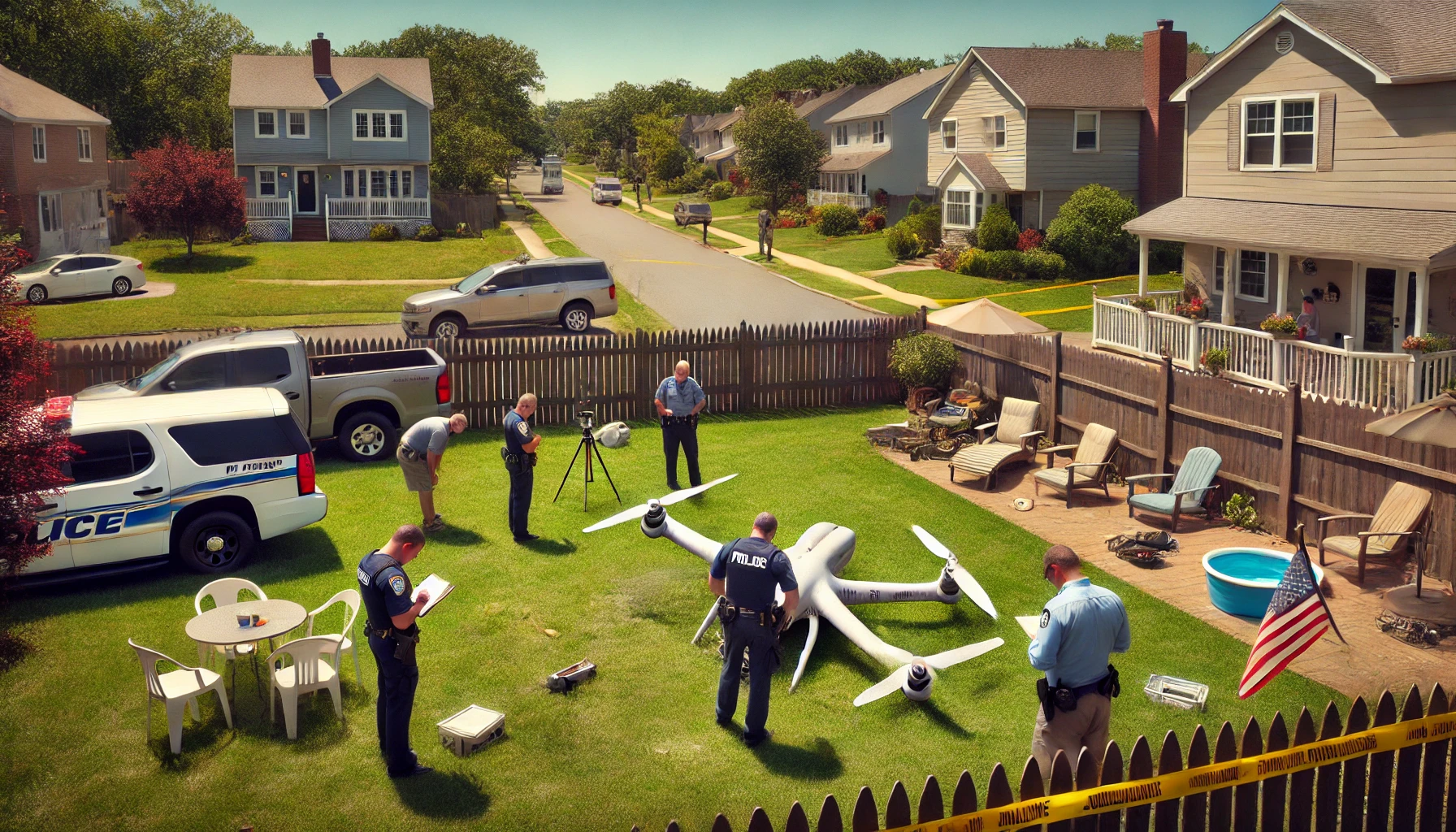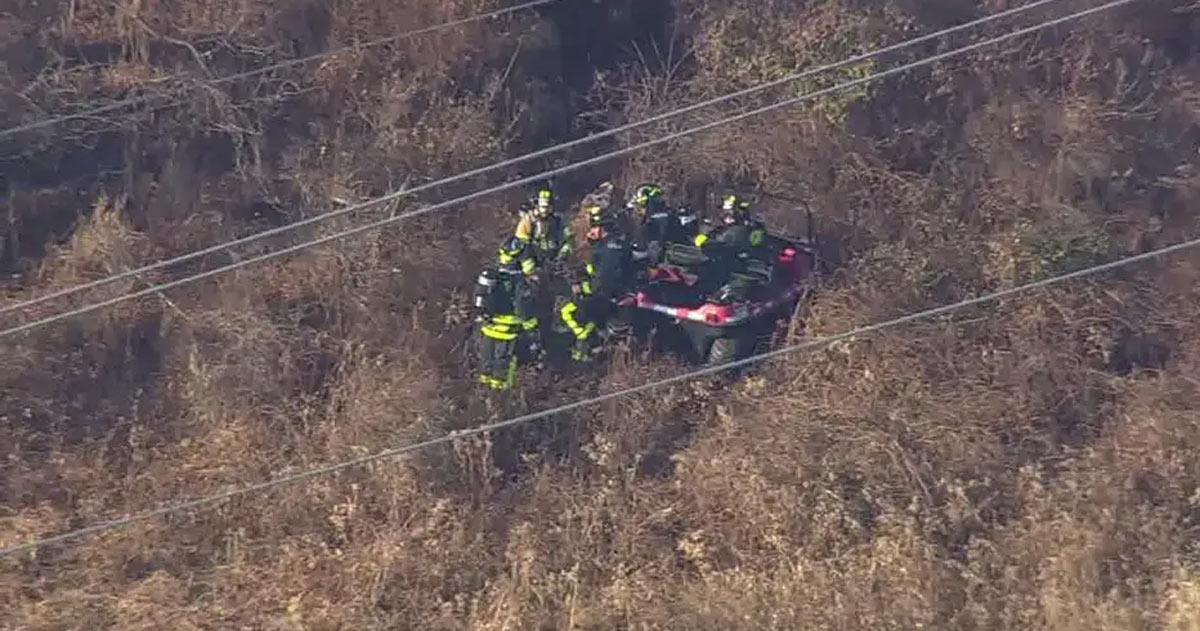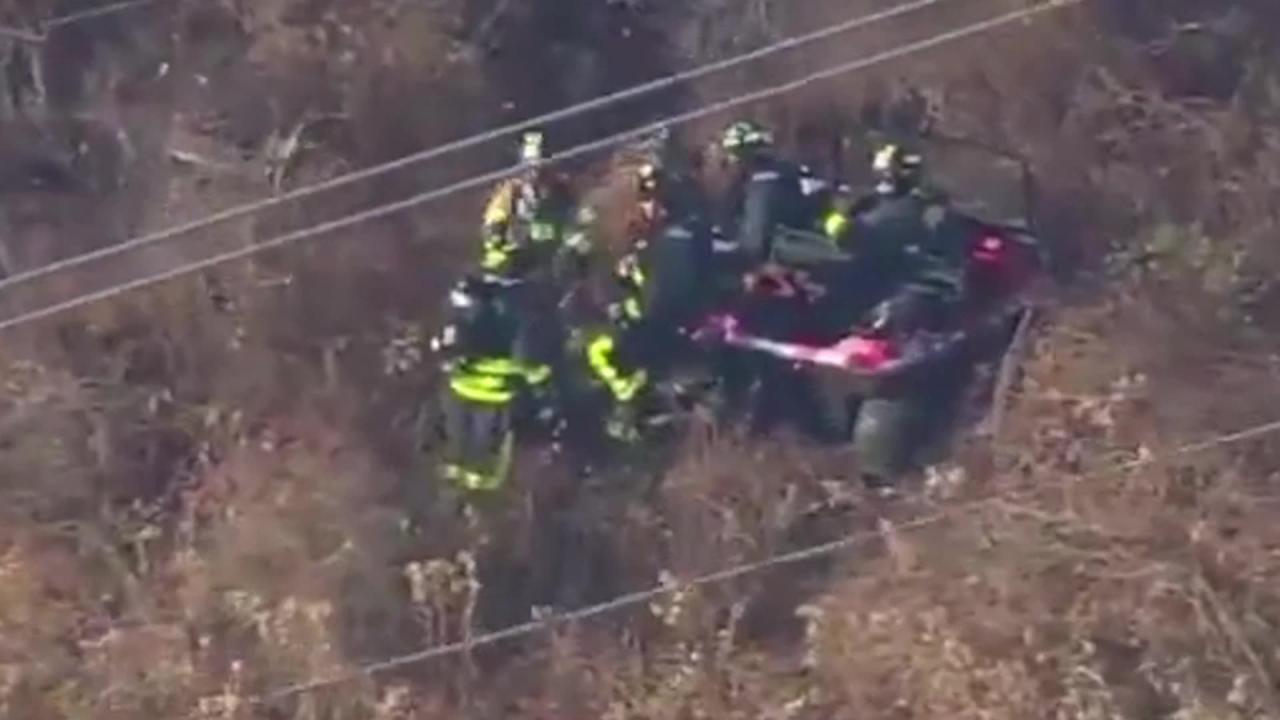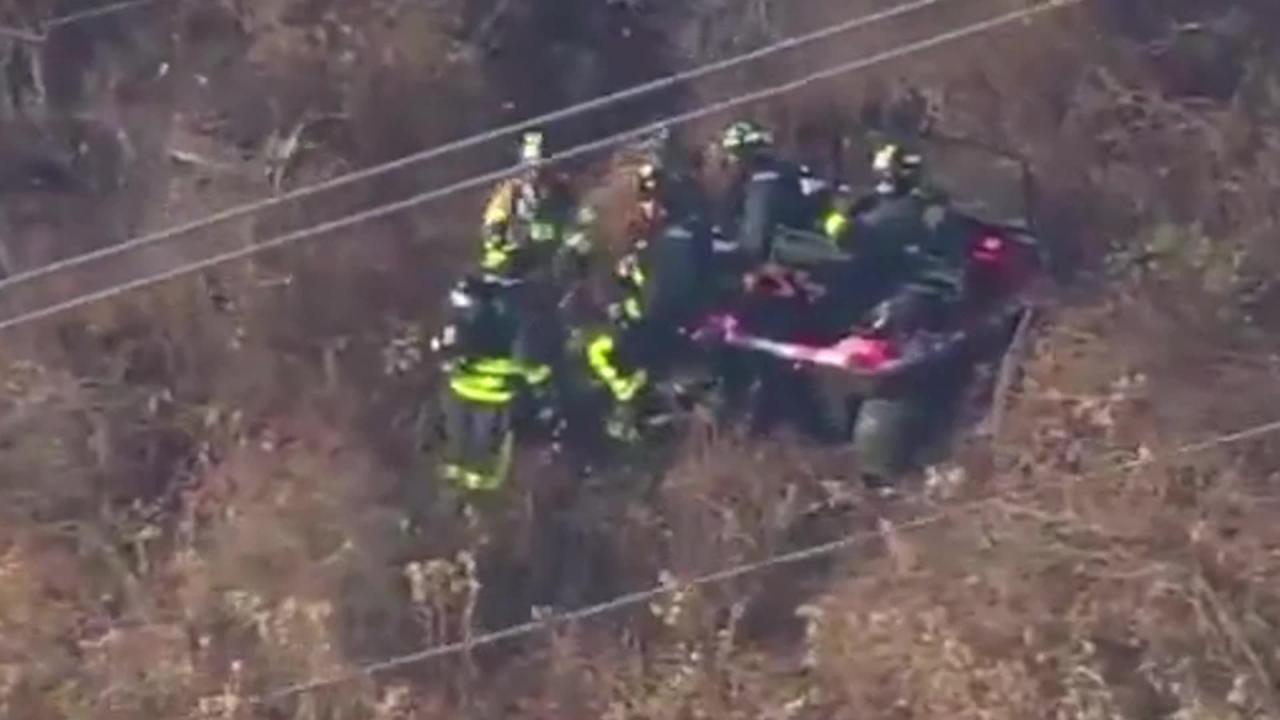Drone crashes in New Jersey have become a concerning issue, demanding attention to safety protocols and regulatory frameworks. This exploration delves into recent incidents, analyzing their causes, and examining the current regulatory landscape governing drone operations within the state. We will also consider the impact of these crashes on public safety, emergency response, and critical infrastructure.
Understanding the contributing factors, from technical malfunctions to human error, is crucial for implementing effective preventative measures. This includes exploring the role of pilot training, proper maintenance, and adherence to existing regulations. Ultimately, the goal is to promote responsible drone operation and mitigate the risks associated with these increasingly prevalent aerial vehicles.
Drone Crashes in New Jersey: A Comprehensive Overview
The increasing popularity of drones in New Jersey, for both recreational and commercial purposes, has unfortunately led to a rise in drone-related accidents. This article examines recent drone crash incidents in the state, analyzes the contributing factors, explores the regulatory landscape, and proposes safety measures to mitigate future occurrences.
Recent Drone Crash Incidents in New Jersey, Drone crashes in new jersey

Analyzing five significant drone crashes in New Jersey over the past five years provides valuable insights into accident patterns and potential causes. The following table details these incidents, highlighting the date, location, cause, and outcome. Note that precise details may be limited due to privacy concerns or ongoing investigations in some cases.
| Date | Location | Cause | Outcome |
|---|---|---|---|
| October 26, 2022 | Paramus, NJ | Pilot error; loss of control | Minor property damage; no injuries |
| June 15, 2023 | Atlantic City, NJ | Battery failure; sudden power loss | Drone crashed into a building; minor damage |
| March 8, 2021 | Newark, NJ | Mechanical malfunction; motor failure | Drone fell from the sky; no injuries reported |
| December 2, 2020 | Trenton, NJ | GPS interference; loss of signal | Drone crashed into a tree; minor damage |
| August 10, 2019 | Princeton, NJ | Pilot inexperience; collision with object | Drone damaged beyond repair; no injuries |
The drones involved varied in make and model, ranging from consumer-grade models like DJI Mavic and Parrot Anafi to larger, more specialized commercial drones. Intended uses included aerial photography, real estate inspections, and recreational flying.
Property damage in these incidents was generally minor, often limited to the drone itself or minor damage to nearby structures. No serious injuries were reported in these specific cases, although the potential for significant harm exists in other scenarios.
Regulatory Landscape for Drone Operation in New Jersey

Drone operation in New Jersey is governed by a combination of federal regulations from the Federal Aviation Administration (FAA) and state-level laws. Federal regulations primarily focus on registration, licensing for commercial operations, and airspace restrictions. New Jersey, like many states, has additional local ordinances addressing issues such as flight restrictions near airports, sensitive areas, and public events. These regulations vary across municipalities and counties.
Compared to other states, New Jersey’s regulations are relatively consistent with the national standards set by the FAA. However, the lack of standardized enforcement across different jurisdictions presents a challenge. Some gaps exist in addressing specific scenarios, such as the use of drones for emergency response or law enforcement, which require more detailed guidelines.
Causes of Drone Crashes in New Jersey
Drone crashes result from a combination of technical malfunctions and human error. Understanding these factors is crucial for developing effective safety measures.
Technical malfunctions include battery failure, motor malfunction, GPS issues, and sensor problems. These can be exacerbated by extreme weather conditions or electromagnetic interference.
Human error plays a significant role, encompassing pilot inexperience, improper maintenance, failure to follow regulations, and poor decision-making in challenging flight conditions. Lack of awareness regarding airspace restrictions and weather conditions can also contribute to accidents.
The following flowchart illustrates potential causes leading to a drone crash:
Flowchart (Textual Representation):
Initial Flight → (Technical Malfunction: Battery Failure, Motor Malfunction, GPS Issues) OR (Human Error: Pilot Inexperience, Improper Maintenance, Disregard for Regulations) → Loss of Control/Unexpected Event → Crash
Safety Measures and Preventative Actions

Implementing comprehensive safety protocols is essential for minimizing drone crashes.
- Pre-flight checks: Thoroughly inspect the drone and its components before each flight.
- Weather awareness: Avoid flying in adverse weather conditions.
- Airspace awareness: Check for airspace restrictions before flying.
- Battery management: Use appropriately charged batteries and monitor their condition during flight.
- Emergency procedures: Have a plan in place for handling unexpected situations.
- Maintain visual line of sight: Keep the drone within your sight at all times.
Proper drone maintenance, including regular cleaning, component inspections, and firmware updates, significantly contributes to flight safety. This helps prevent malfunctions and extends the operational lifespan of the drone.
Pilot training and certification are paramount. Certified pilots have a deeper understanding of drone operation, safety protocols, and regulations, leading to safer and more responsible flying.
Recent drone crashes in New Jersey highlight the importance of responsible drone operation. To ensure safe flight, understanding regulations is crucial, and for those operating in Canada, obtaining the necessary certification is paramount; you can find information on obtaining a transport canada drone license online. Ultimately, proper licensing and training can help prevent future incidents like those seen in New Jersey.
Public Awareness and Educational Initiatives
Drone crashes can negatively impact public perception and raise safety concerns. Effective public awareness campaigns are needed to promote responsible drone operation.
A comprehensive public awareness campaign should include:
- Public Service Announcements (PSAs): Short videos and radio spots highlighting safe drone operation practices.
- Brochures and Flyers: Easily accessible printed materials summarizing key safety guidelines and regulations.
- Online Resources: A dedicated website with information on drone safety, regulations, and best practices.
- Workshops and Seminars: Hands-on training sessions for both recreational and commercial drone operators.
Impact on Emergency Response and Infrastructure
Drone crashes pose several challenges to emergency response teams and critical infrastructure.
A drone crash near an airport can disrupt air traffic, potentially leading to flight delays or cancellations. Similarly, a crash near power lines or communication towers can cause damage, leading to outages and disruptions. Emergency responders need to be equipped to handle such incidents safely and efficiently.
The potential for significant damage to critical infrastructure underscores the need for stringent regulations and proactive safety measures to prevent such incidents. The consequences of a drone crash in a sensitive area could be far-reaching and costly.
The increasing frequency of drone crashes in New Jersey underscores the urgent need for comprehensive safety measures and enhanced public awareness. While technological advancements continue to drive drone innovation, a robust regulatory framework coupled with responsible pilot behavior is paramount to ensuring safe and effective drone integration into our airspace. By addressing the technical, human, and regulatory factors contributing to these incidents, we can collectively work towards minimizing risks and fostering a safer environment for both drone operators and the public.
General Inquiries
What are the penalties for violating New Jersey drone regulations?
Penalties vary depending on the severity of the violation and can include fines, license suspension, or even criminal charges.
Where can I find a complete list of New Jersey drone regulations?
The New Jersey State Police website and the Federal Aviation Administration (FAA) website are good starting points.
Is insurance required for operating a drone in New Jersey?
While not always legally mandated for all operations, obtaining liability insurance is highly recommended to cover potential damages or injuries.
What types of drones are most commonly involved in crashes in New Jersey?
Recent drone crashes in New Jersey highlight the importance of safe operation, especially in unpredictable weather conditions. Understanding environmental factors is crucial, and for a glimpse into challenging weather patterns, consider checking the coquihalla weather camera for a visual example of how severe conditions can impact aerial operations. This underscores the need for pilots in New Jersey to remain vigilant about potential hazards.
This varies, but commonly involved drones range from small consumer models to larger commercial drones, depending on the specific use case.
